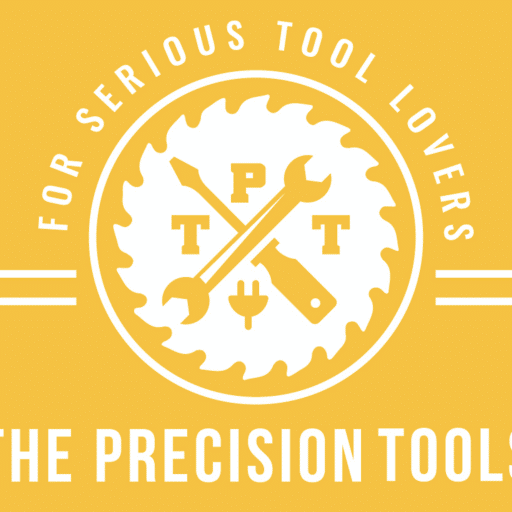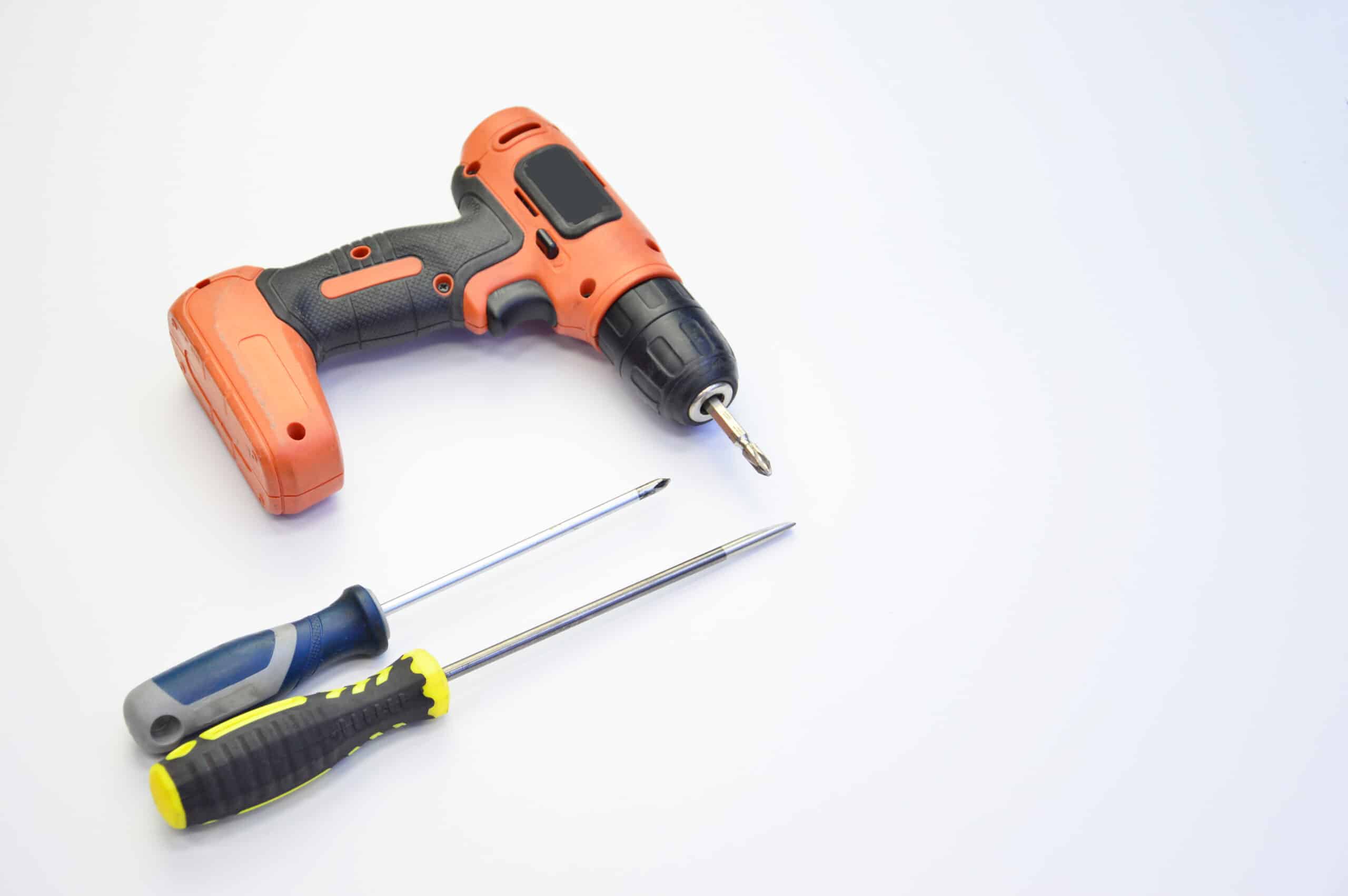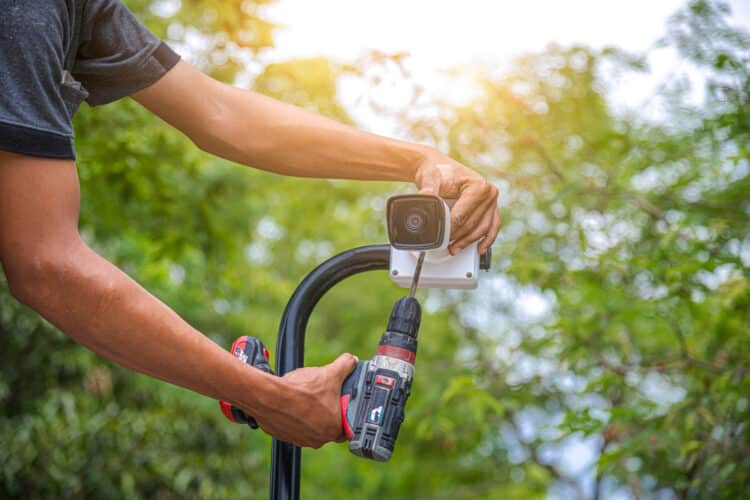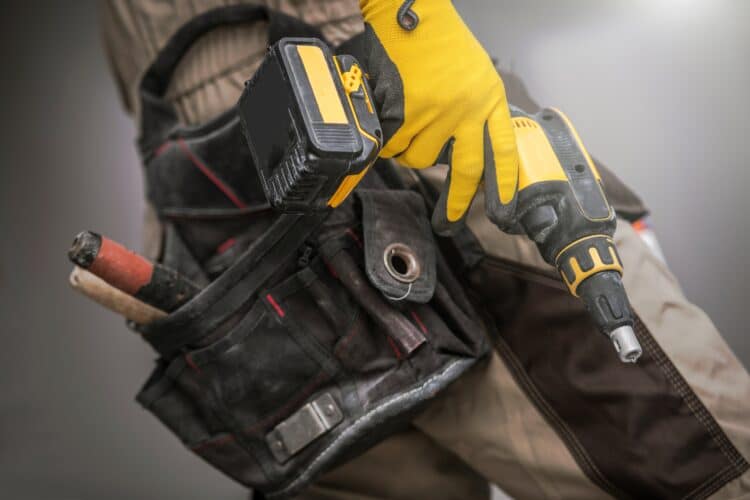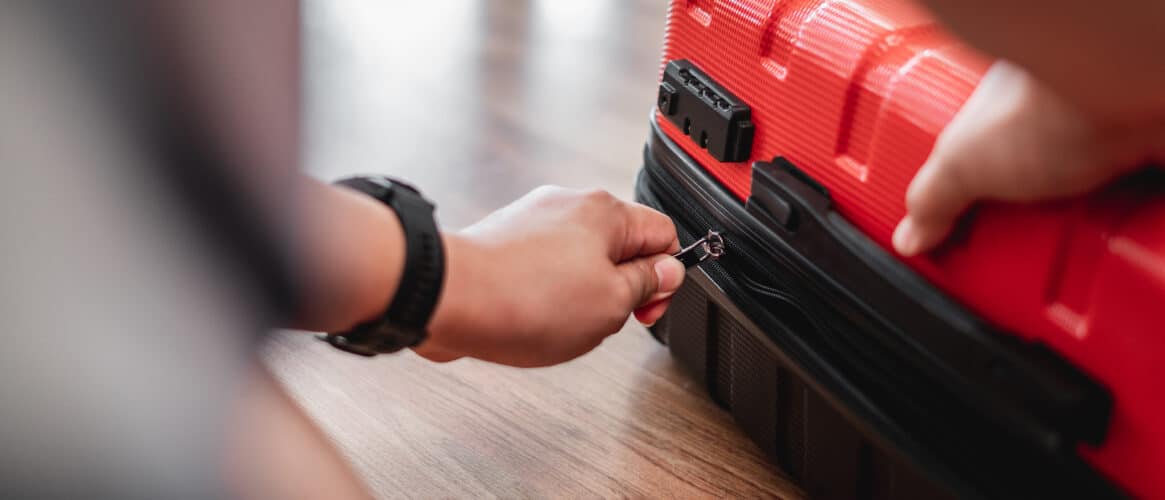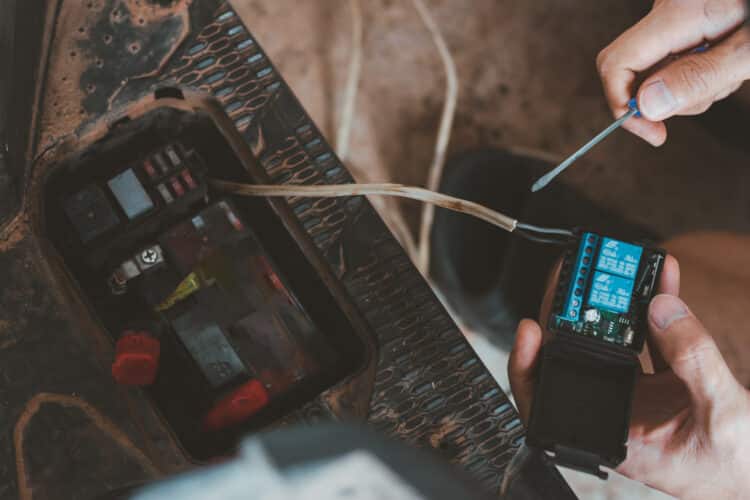What is the Difference Between a Cordless Screwdriver and a Cordless Drill?
Key Takeaways
- The size and design of cordless screwdrivers and cordless drills differ, with cordless drills being bulkier and larger, while cordless screwdrivers are more compact and lightweight.
- Cordless drills are more versatile and can be used for various tasks such as drilling holes, driving screws, polishing surfaces, sanding, and mixing paint. Cordless screwdrivers, on the other hand, are primarily designed for driving screws.
- Cordless drills deliver higher torque and speed compared to cordless screwdrivers, making them suitable for more demanding jobs. Cordless screwdrivers have lower speed and provide better control for screwing tasks.
When it comes to choosing the right power tool for your DIY projects, understanding the difference between a cordless screwdriver and a cordless drill is essential. While both tools serve their purpose in driving screws and drilling holes, they have distinct features that make them suitable for different tasks. In this article, we will explore the main differences between a cordless screwdriver and a cordless drill, including their size, functionality, torque, speed, battery, and price.
Size and Design
One of the most noticeable differences between a cordless screwdriver and a cordless drill is their size and design. Cordless drills typically have a bulkier and larger body compared to cordless screwdrivers. The larger size of a cordless drill allows for a more powerful motor and higher battery voltage, making it suitable for tougher tasks like drilling holes or mixing paint. On the other hand, cordless screwdrivers are more compact and lightweight, making them better suited for tight spaces and smaller projects.
Functionality
Another significant difference between a cordless screwdriver and a cordless drill lies in their functionality. Cordless drills are more versatile and can be used for a wide range of tasks. They can drill holes, drive screws, polish surfaces, sand, mix paint, and more. Cordless screwdrivers, on the other hand, are primarily designed for driving screws. They have a hexagonal socket that accepts ¼-inch driver bits, making them efficient and effective for screwing tasks. While cordless drills offer a broader range of functions, cordless screwdrivers focus on precision and control for driving screws.
Torque and Speed
One of the key factors that differentiate a cordless screwdriver from a cordless drill is the torque and speed they deliver. Cordless drills typically deliver higher torque compared to cordless screwdrivers, making them suitable for more demanding jobs. The higher torque allows cordless drills to drill through tougher materials like metal or concrete. In terms of speed, cordless drills are designed to run faster, usually at speeds of 1500 RPM and above. Cordless screwdrivers, on the other hand, spin at a much lower speed, typically in the range of 0-400 RPM. The lower speed of cordless screwdrivers provides better control and prevents over-tightening of screws.
Battery
Both cordless screwdrivers and cordless drills use lithium-ion batteries, but there are differences in their battery configurations. Cordless drills often have external batteries that can be swapped for a fully charged one. This feature allows for longer working time as you can have multiple batteries ready to use. On the other hand, cordless screwdrivers usually have onboard batteries that require the entire tool to be connected to the charger. While onboard batteries may limit the working time, they offer the convenience of not having to carry extra batteries.
Price
Price is another factor to consider when choosing between a cordless screwdriver and a cordless drill. Cordless screwdrivers are generally less expensive than cordless drills. This price difference is mainly due to the versatility and power that cordless drills offer. While cordless screwdrivers are more affordable, they are also more specialized and limited in their functions compared to cordless drills.
Conclusion
In conclusion, the main differences between a cordless screwdriver and a cordless drill lie in their size, functionality, torque, speed, battery, and price. Cordless drills are more versatile and powerful, making them suitable for a wider range of tasks. They have larger, stronger motors and higher battery voltages, allowing them to handle tough drilling jobs. On the other hand, cordless screwdrivers are smaller, lighter, and more specialized for driving screws. They are ideal for lighter tasks and offer better control and precision. The choice between a cordless screwdriver and a cordless drill ultimately depends on the specific task at hand and the level of versatility needed.
Related Websites:
FAQs:
Q: What is the difference between a cordless screwdriver and a cordless drill?
A cordless screwdriver is primarily used for driving screws, while a cordless drill is a more versatile tool that can drill holes and drive screws. Cordless drills have more power and torque, larger chuck sizes, and variable speed settings compared to cordless screwdrivers.
Q: What are the key features and characteristics of cordless screwdrivers?
Cordless screwdrivers are compact and lightweight, making them easy to handle. They have lower power capabilities but are ideal for light-duty tasks like assembling furniture, installing fixtures, and working with small screws.
Q: What are the advantages of cordless drills over cordless screwdrivers?
Cordless drills offer higher power and torque, allowing them to handle demanding tasks like drilling large holes in wood or masonry. They have larger chuck sizes, providing compatibility with a wider range of drill bits. Cordless drills also have variable speed settings, enabling precise control for different applications.
Q: How should I choose between a cordless screwdriver and a cordless drill?
To make an informed decision, consider the intended use and your individual needs. If you primarily need a tool for driving screws and light-duty tasks, a cordless screwdriver is sufficient. However, if you require more power, versatility, and the ability to drill holes, a cordless drill would be a better choice.
Q: What should I consider when purchasing a cordless screwdriver or cordless drill?
Evaluate your personal requirements and specific projects. Consider factors like battery life, charging time, ergonomic design, and additional features such as built-in LED lights or multiple speed settings. Read reviews and compare different models to find the tool that best suits your needs.
